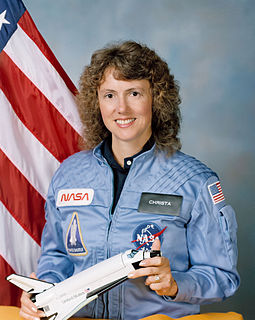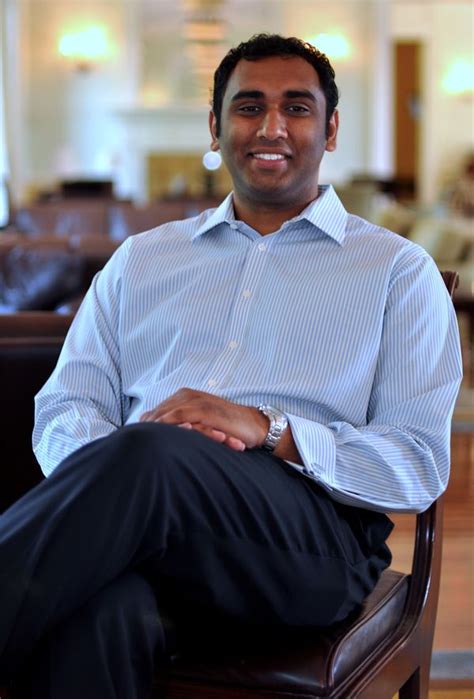A Quote by Christa McAuliffe
I can remember in early elementary school when the Russians launched the first satellite. There was still so much unknown about space. People thought Mars was probably populated.
Related Quotes
Cooperating in something as visible as space exploration and space flight can only improve relations between the two countries because what happens is, you're working on a common project in a very visible light and so, you're motivated to not have conflicts with each other in other areas. And bringing up China is a good example. In the early '90's, China got serious about wanting to launch astronauts into space and they were actually quite successful in launching many communication satellites. They went ahead and in 2003 they launched their first astronaut into space.
The Russians have been flying long duration crews since the early '70's. And in the early days, they've ended at least two missions early because of conflicts within the crew. So, they learned early on the importance of studying this and making sure you put the right crew together. Since we began our work together on the International Space station with the Russians in the early 2000's, NASA has started to learn the importance of this kind of work. And so, I think it's important work and we are not fully onboard and recognize it as important.
I went to Catholic school my entire life. Elementary school was probably my worst time - those are the years when you're figurin' out who you are, and then you've got the added pressure of being on the light-skinned side of things. I've been around - excuse me saying - predominantly white people in Catholic school, who sit around and just talk about black people because they thought they were in the presence of themselves, and they used to talk cool. I felt firsthand the racial prejudice that is still alive today.
We don't invest in financial literacy in a meaningful way. We should be teaching elementary school children how to balance a checkbook, how to do basic accounting, why it's important to pay your bills on time. First, education. Begin the learning process as early as possible, in elementary school. Second, encourage and support entrepreneurism. Third, policy. I know it's a priority of the US Treasury to augment financial inclusion and increase financial literacy.
I think my career will end too early for me to go to Mars, though I might be involved in preparing the next generation to go. I'd love to explore Mars, but, ultimately, it's kind of a crappy planet. The thing is, Mars One people would never go outside without a spacesuit ever again. You're going to live in a tin can. Space stations are noisy; it's like living inside a computer with the fan on all the time. You're never going to smell grass or trees. It's just never going to be anything like Earth. You're never going to swim. You're giving up so much.
Two years ago, China tested an anti-satellite weapon that actually caused quite a bit of controversy and one of the controversies is that by blowing up a satellite, you are creating more space debris which is a hazard to satellites and spacecraft in lower Earth orbit and if they had been a partner, you'd have to do an experiment, and if they had been a partner in the international space station, would they have really done that test? They would have really thought twice about creating that tension between the countries and potentially endangering a project that they were a part of.




























